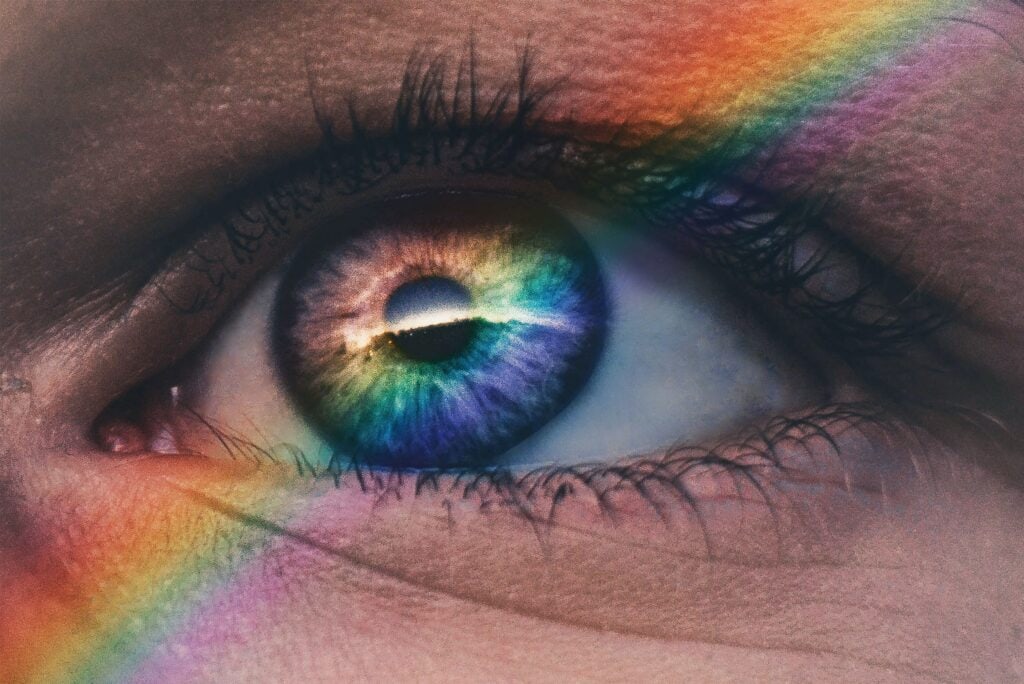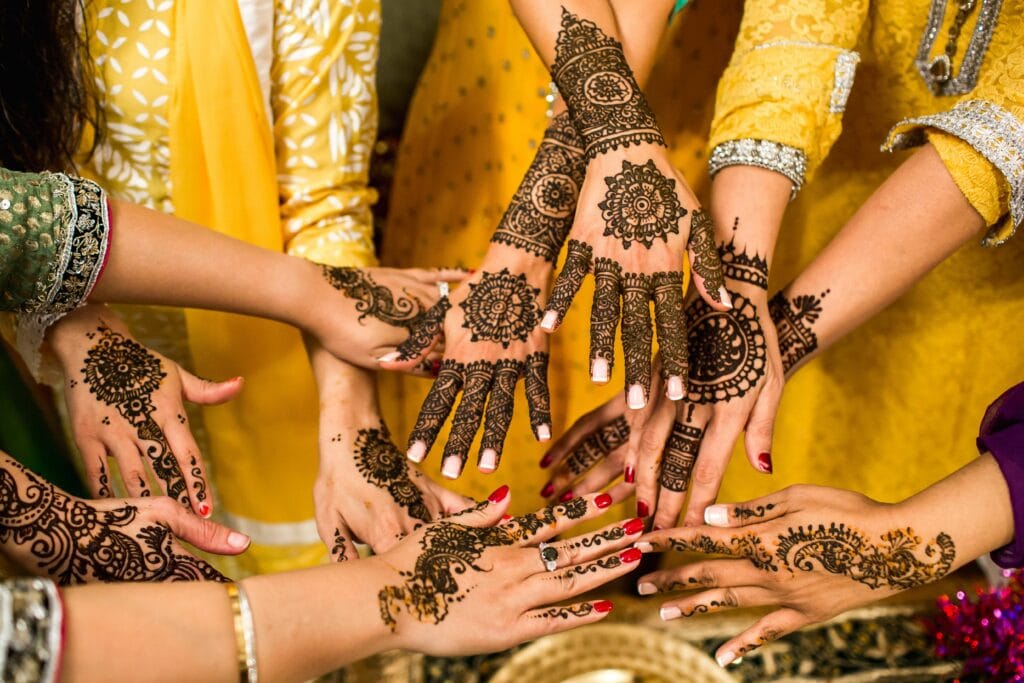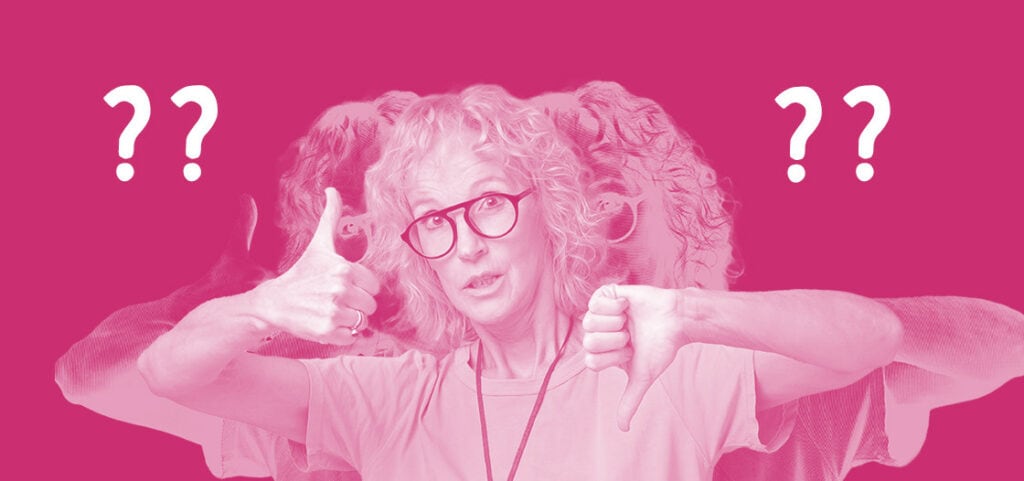Bridging cultural differences: understanding and celebrating our unique perspectives

Everyone sees their own rainbow – true fact! Each person’s eyes are unique, and the way they perceive colours and perceive light is unique as well.
Plus, when we are looking at a rainbow, we are each occupying a different space and so see the refraction of light through the rain from a slightly different angle.
Cultural perception is just as unique as physical perception. Take a minute to reflect that every person views the world through a unique lens that is shaped by their individual and cultural background, experiences and beliefs. These lenses affect how we see and interpret everything around us. This means that no two people have the exact same view of the world, even though we may share certain cultural understandings with others.
For example, I am English and may assume that I share a cultural perspective with other English people. However the cultural identity of being English is extremely broad – age, gender, class, religion, ethnicity, region, colour – all those factors will make another person’s Englishness different from mine, not to mention our unique individual experiences.
Each of us is shaped by our cultural context, background and experiences, and this influences the way we view the world, our communication style, values, attitudes and beliefs.
When it comes to effective intercultural communication, it’s crucial to recognise the lens through which we view the world.
By understanding our own cultural identity, we become more aware of our assumptions, biases and expectations. This self-awareness helps us approach interactions with others in a more open and curious manner. We can also better appreciate the differences in other people’s lenses, and learn to bridge gaps in communication by seeking to understand their points of view.
By recognising that everyone sees their own rainbow, we can begin to bridge cultural differences and build stronger connections across cultures. We can learn from one another, celebrate our differences and find common ground. So, let’s embrace our unique cultural lenses and work towards creating a more inclusive and understanding world.






Responses